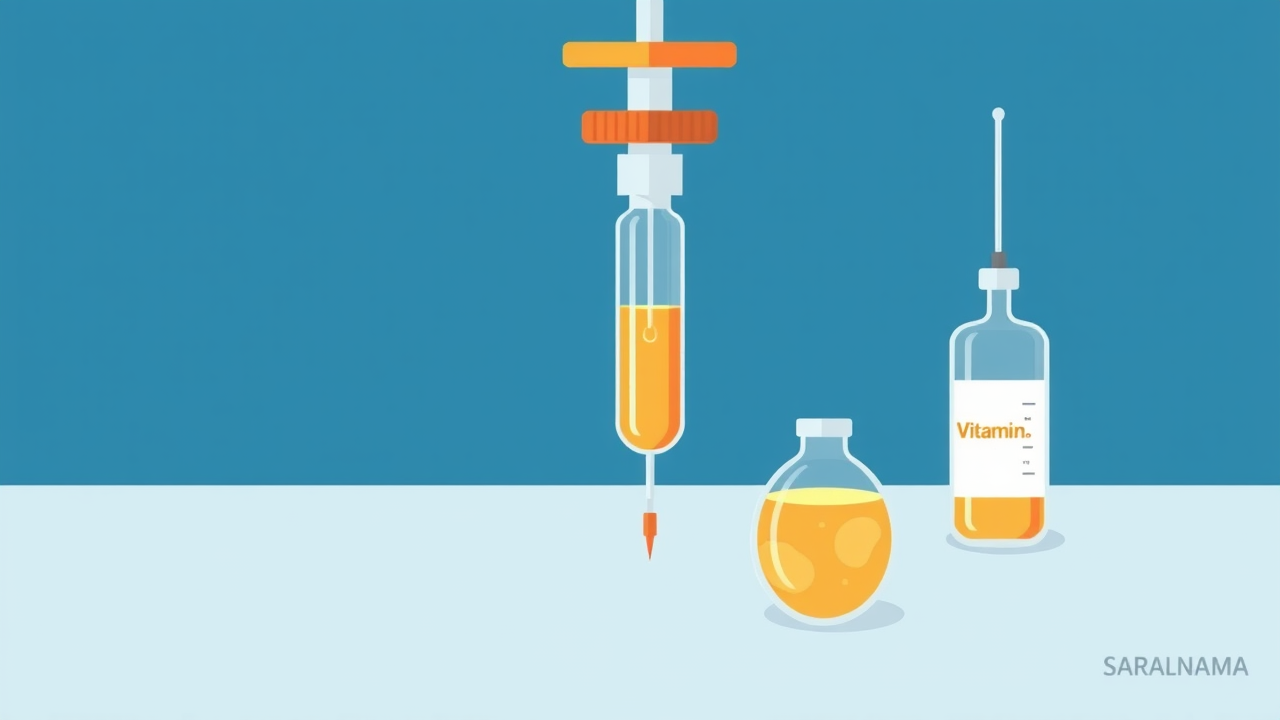Actor Shefali Jariwala's sudden death sparked speculation about anti-ageing medication taken on an empty stomach. Her husband, Parag Tyagi, has clarified these claims. He explained that she received monthly IV drips containing multivitamins, Vitamin C, collagen, and glutathione because she often forgot to take daily pills. On the day she died, Shefali had fasted for a Satyanarayana pooja but consumed coffee beforehand and ate food after the ceremony before receiving the drip at night. Parag emphasized her youthful looks resulted from disciplined lifestyle habits, including regular workouts and controlled eating, rather than medication. Medical experts note that such IV drips are sometimes used for patients with nutrient deficiencies but have limited scientific support for healthy individuals. Taking supplements during fasting can increase risks like nausea, dizziness, or electrolyte imbalance. Doctors stress the importance of medical supervision before starting any supplement routine, especially intravenous treatments.

Medical Expert Views on IV Vitamin Drips and Fasting Risks
Dr Jagadish Hiremath, a public health expert, explains that IV drips with multivitamins, Vitamin C, collagen, and glutathione are sometimes used for patients with specific deficiencies or absorption issues. However, scientific evidence supporting monthly infusions for healthy people remains limited. While generally safe under medical supervision, unnecessary infusions carry risks including vein irritation, infection, or allergic reactions. Taking supplements during fasting can lead to nausea, stomach upset, or blood sugar changes. High doses of Vitamin C or acidic compounds may irritate the stomach lining. Intravenous administration bypasses digestion, but fasting or dehydration may increase risks of dizziness, blood pressure changes, or electrolyte imbalance. Medical consultation before any supplement routine is essential.
Source: Link
